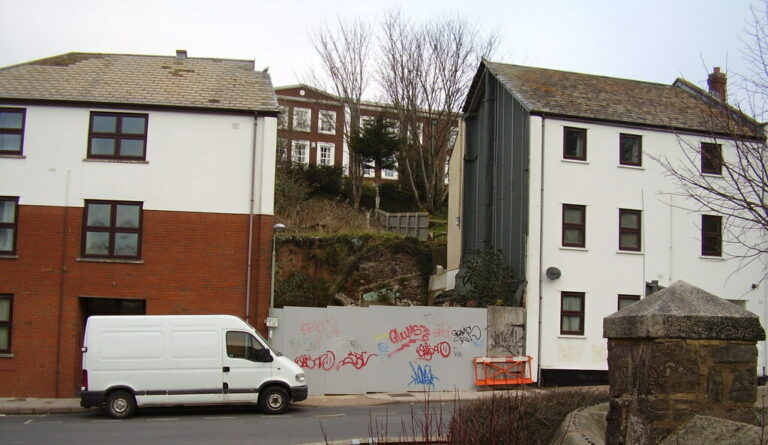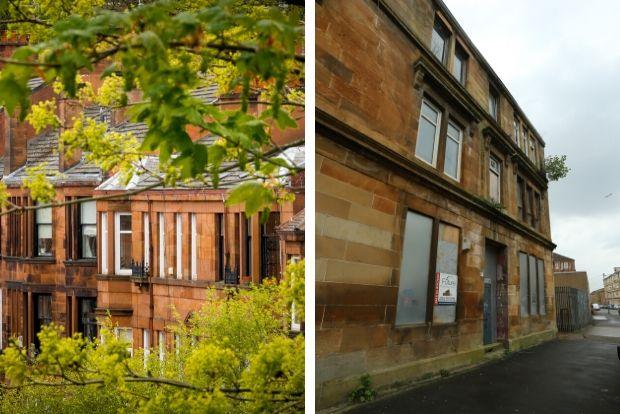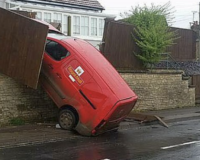
Our work to improve the UK’s address data is not only motivated by the future social and economic benefits, but also by a desire to fix the very real problems that the UK’s bad address data causes. When we launched this site we asked people to tell us their stories of how bad address data has affected them. Here are some emerging themes and anonymised tales.
We’ve now heard plenty of tales, and we’ve spotted some themes emerging in the problems that people experience:
- New addresses can take time to filter through the system, meaning new (and not so new) homeowners struggle to access services
- More complex addresses – like flats or buildings with multiple addresses – can cause apparently unfixable problems
- The address system doesn’t support non-postal use cases well, this makes it harder to deliver other things, like a large package, to the right point
- Perhaps most importantly, when something goes wrong, it’s difficult to find out who who can fix a problem
And these can have a really serious effect on people’s lives: people told us that address confusion caused them to be denied credit cards, that it was a struggle to get basic utilities like electricity, and even to register to vote.
1. Delays around new addresses
Many of the stories start when people move into a new house or flat.
One person told us of their inability to get insurance and a telecoms service at their new property. When they looked into the problem they found that the address of the building they lived in was stuck in a naming dispute between the building owner, the local authority and Royal Mail.
Someone else told us about their eight-year old property. The issue here was some services recognised it, while some companies – like Deliveroo – didn’t. There was no apparent reason for the problem, but it affected the homeowner anyway.
2. Complex addresses
In another example a flat owner told us that some companies list their flat as 15A, others as 15 Flat A, others as 15 Flat 1, and others don’t list it all. They have no way to correct the errors, or work out where the problems are coming from, but they have to spend time trying to deal with the knock on impacts.
Multiple people in Scotland told us about problems with tenement flats: a type of property where there are multiple flats accessed through a single staircase.

Several towns and cities, such as Edinburgh, have two numbering schemes for these flats. If there are five flats on each floor of a building then 1F1 (1st floor, flat 1) might be the same place as Flat 6. Unfortunately different service providers will recognise one or other of the two addresses, but few providers will recognise both.
An ex-employee of a utility firm told us that when they worked in a call centre, lots of their time was spent trying to help people get gas and water by sorting out the resulting problems.
3. Non-postal use cases
This wasn’t a common problem, but one person told us that they had problems because addresses were designed for use by Royal Mail workers delivering letters, but that they had no way to communicate that they wanted a different drop-off point for large parcels.
4. Difficulty to find who can fix a problem
Perhaps most worryingly, many people told us that it was difficult to know who to talk to to resolve the problem.
In the case of the homeowner stuck in a naming dispute between the building owner, the local authority and Royal Mail, no one was apparently willing, or able, to take responsibility for resolving the problem. Leaving them not knowing who to go to resolve the issue.
One person said that every organisation blamed someone else and that they were eventually told that moving house to a simpler address was the only way to fix it!
Can't we make it simpler?
This last theme struck home to us. There are many public and private sector organisations involved in creating address data, and many more organisations involved in taking that data and turning it into services that people can use.
We know that even many address experts struggle to understand this complexity. Is it reasonable to expect a new homeowner to understand it before they can get internet access, insurance, register to vote, or simply get a pizza delivered? Can’t we make it simpler?
We’re keen to keep hearing more stories (if you haven’t already, then do tell us yours). In the meantime, we’ll be asking questions of the government bodies responsible for addresses to see what investigations they’ve done into these problems, and whether they’ve researched how large each problem might be.
We’ll let you know what we find out.

